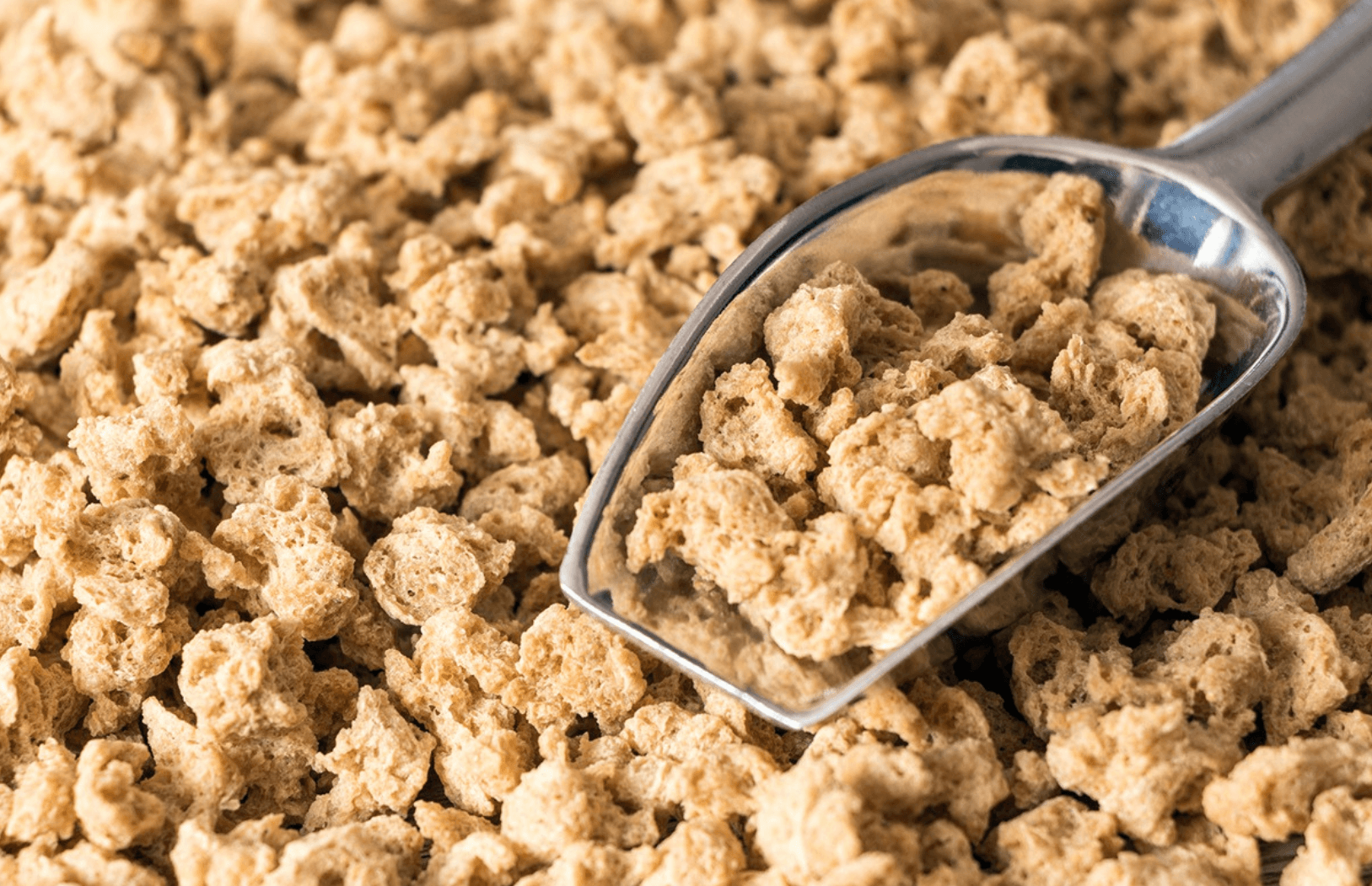Japan Summer Training Program by Jyotish Nair (M. Sc. LS AB student)
On the first day in Japan we took a bus from Narita Airport to Tokyo. I was surprised to see the clean, well-organized urban landscaping. Also, it was a quiet city even though it is considered as world's largest with 35 million people living within a 50km radius of the centre.
From Tokyo we took a bullet train and travelled to Kanazawa city. Next morning, the staff from Kanazawa university came to receive us from the hotel and we travelled to Kanazawa University by the university bus. There we had an inauguration and orientation ceremony about our whole summer program.

Then in the afternoon we went to UNU-IAS OUIK. After that we were free and explored Kanazawa station shops. On the next day, we moved to Shiramine village, more than an hour away by bus. Shiramine village was one of the most beautiful places we visited in Japan. Quietness, politeness and respectful behaviour were deeply entrenched all over Japan, but especially in this village. It was a very beautiful village with less than a thousand people.

At Shiramine, we initially got an orientation class taken by the Boss regarding the culture, biodiversity, and other facilities, and also about the food and manners we should keep during our stay. Then we got an overview of Hakusan National Park and visited a science museum. After lunch, we went to Ishikawa Prefectural Hakusan Roku Folklore museum where we were trained to make straw products. Those activities really helped us in developing skills other than academics. It was difficult for me to have Japanese food because it had raw meat and raw fish. Thankfully, they provided us with facilities to steam non vegetarian items and that helped all of us.

We next visited the million rock and visitor centre of Hakusan national park and trekked to the gate of Hakusan mountain climbing where we saw the biodiversity of Hakusan forest. Some of our friends identified an earthworm and discussed its structural similarities and differences. We had lunch at Wasabi garden. That place was so beautiful and I feel it may be good for doing meditation. After lunch, we went for an exotic plant plucking activity. Japan has so many alien species. So they gave lectures regarding native and alien plant species.
Next day, we had a lecture regarding the traditional medicine of Japan called Kampo medicine. We observed the similarities and differences between Ayurveda and Kampo. Then we went to harvest finger millet from a field. We were told to collect millet that had turned brown in color. Then we went to Hakusan dinosaur park where we saw fossils and other archaeological remnants. After that, we did some fossil excavation.
We then went to backyard of Hakusan alpine botanical garden, and afterwards got trained to make items with silk at the Textile museum. After lunch, we had a group presentation regarding the similarities and differences we observed during our visit. It was a wonderful experience doing a presentation outside my country.
On the next day, we travelled back to Kanazawa university and we had a class from Prof Sasaki, after which we were awarded with our internship certificates. We then went to Toyama university by bullet train where we visited the museum of Materia Medica at the Institute of Natural Medicine. We were told about the relevance of the origin of kampo from Ayurveda.

For the last two days we explored Tokyo city. That was a wonderful experience. We saw Shibuya crossing, Tokyo tower etc.
Altogether, the experience I gained from this trip is priceless. Thanks Dr. Vishnu and TDU for providing a great opportunity for all of us.

International Environmental Education Day (January 26)
Jan 23, 2026
On International Environmental Education Day (January 26), we are reminded of a powerful truth: The future of our planet depends on what and how we teach today.
Read more

TDU VC Darshan Shankar pays tribute to Prof. Madhav Gadgil
Jan 9, 2026
Read more

Rethinking Periods: When Did Rest Become Restriction ?
Jan 8, 2026
Menstruation is one of the most natural processes of the female human body, yet it remains one of the most misunderstood. Across cultures-especially in India-it has been surrounded by silence, shame, and countless restrictions.
Read more

When a Baby Cries, the Body Speaks – Learning to Understand Your Child’s Silent Language
Jan 8, 2026
Children are often called a gift from God. When a baby is born, it feels like receiving a blessing
Read more

Plant Imperialists : The destructive case of Lantana camara
Jan 8, 2026
British gardening enthusiasts brought Lantana camara, a shrubby plant with spectacular inflorescence, to Kolkata around the 1800s. Surely, they enjoyed having colourful flowers around them and hoped to feel less homesick while they mass-occupied Indian land
Read more

Are Mock Meats Just a Modern Fad ?
Jan 8, 2026
“Mock meats” or meat analogues are often dismissed as a bizarre trend by many and countless memes have spawned from the internet’s apparent disdain for mock meats and their consumers.
Read more



